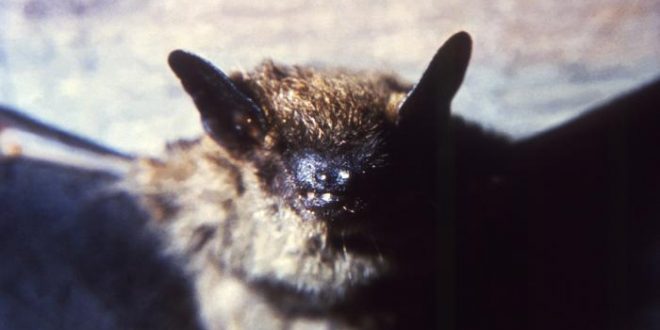On top of the growing number of skunks and raccoons with rabies, Hamilton is now reporting its first confirmed case this year of a bat with the virus.
The city’s public health department said in a release it has received test results from a rabid bat, the first such confirmed case this year and twelfth since 2010.
Hamilton is already dealing with the province’s first outbreak of raccoon rabies in nearly a decade. As of this week, tests have confirmed rabies in 72 raccoons and 48 skunks.
A case of bat rabies has also been found in Oakville. The deadly virus, mostly commonly spread through a bite, has not been found in any humans or pets locally.
The public health department says nearly all Canadian cases of rabies in humans over the past several years have resulted from bat bites.
Because bat bites can be hard to see, anyone who comes in contact with a bat is advised to call public health and check with a doctor immediately. Rabies is almost always fatal in humans unless treatment in given before symptoms begin.
Relatively few rabid bats are confirmed in the city each year: there were three in 2015, two in 2014, one in 2013, none in 2012 and four in 2011.
To protect your family and your pets, the RQHR says people should:
- Avoid direct contact with wild animals
- Avoid contact with bats, wild animals and any animal with abnormal behaviour
- Ensure pets’ vaccinations for rabies and other diseases are up to date
- Bat-proof your home with screens and by blocking any small entry points
- Seek immediate medical attention if you are bitten by a wild animal or a domestic animal or pet if you aren’t sure if their vaccinations are up to date
- Call the public health line if you have contact with a bat
Rabies can be prevented by getting the vaccine and treatment as soon as possible after exposure to the disease.
Agencies/Canadajournal
 Canada Journal – News of the World Articles and videos to bring you the biggest Canadian news stories from across the country every day
Canada Journal – News of the World Articles and videos to bring you the biggest Canadian news stories from across the country every day



